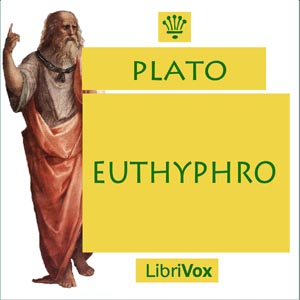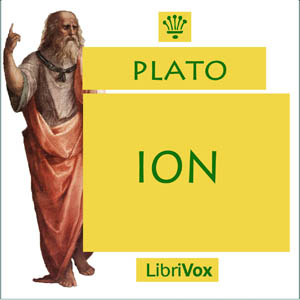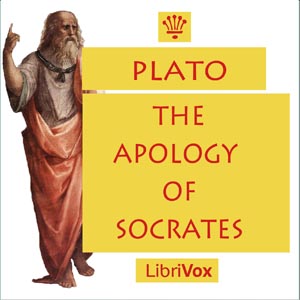- 01 - Editor's Preface
- 02 - Introduction by Ralph Waldo Emerson
- 03 - A Discourse Touching the Training of Children, part 1
- 04 - A Discourse Touching the Training of Children, part 2
- 05 - Concerning the Cure of Anger: a Dialogue, part 1
- 06 - Concerning the Cure of Anger: a Dialogue, part 2
- 07 - Of Bashfulness
- 08 - That Virtue May Be Taught
- 09 - The Account of the Laws and Customs of the Lacedaemonians
- 10 - Concerning Music, part 1
- 11 - Concerning Music, part 2
- 12 - Of the Tranquillity of the Mind, part 1
- 13 - Of the Tranquillity of the Mind, part 2
- 14- Of Superstition or Indiscreet Devotion
- 15 - The Apophthegms Or Remarkable Sayings of Kings and Great Commanders, part 1
- 16 - The Apophthegms Or Remarkable Sayings of Kings and Great Commanders, part 2
- 17 - The Apophthegms Or Remarkable Sayings of Kings and Great Commanders, part 3
- 18 - The Apophthegms Or Remarkable Sayings of Kings and Great Commanders, part 4
- 19 - Plutarch’s Rules For the Preservation of Health: a Dialogue, part 1
- 20 - Plutarch’s Rules For the Preservation of Health: a Dialogue, part 2
- 21 - How a Man May Receive Advantage and Profit From His Enemies
- 22 - Consolation to Apollonius, part 1
- 23 - Consolation to Apollonius, part 2
- 24 - Consolation to Apollonius, part 3
- 25 - Concerning the Virtues of Women, part 1
- 26 - Concerning the Virtues of Women, part 2
- 27 - Concerning the Virtues of Women, part 3
- 28 - Laconic Apophthegms; Or Remarkable Sayings of the Spartans, part 1
- 29 - Laconic Apophthegms; Or Remarkable Sayings of the Spartans, part 2
- 30 - Laconic Apophthegms; Or Remarkable Sayings of the Spartans, part 3
- 31 - Of Hearing, part 1
- 32 - Of Hearing, part 2
- 33 - Of Large Acquaintance; Or, an Essay to Prove the Folly of Seeking Many Friends
- 34 - The First Oration of Plutarch Concerning the Fortune Or Virtue of Alexander the Great
- 35 - The Second Oration of Plutarch Concerning the Fortune Or Virtue of Alexander the Great, part 1
- 36 - The Second Oration of Plutarch Concerning the Fortune Or Virtue of Alexander the Great, part 2
The Moralia (or The morals or Matters relating to customs and mores) is a work by the 1st-century Greek scholar Plutarch of Chaeronea. It is a collection of 78 essays and transcribed speeches that give an insight into Roman and Greek life. Extremely popular for centuries, Plutarch's Morals have been read and imitated by many generations of Europeans, including Montaigne and the Renaissance Humanists and Enlightenment philosophers. Some of the most famous chapters on history are "On the Fortune or the Virtue of Alexander the Great" — an adjunct to his Life of the great general — "On the Worship of Isis and Osiris" - a crucial source of information on Egyptian religious rites - and "On the Malice of Herodotus", in which Plutarch criticizes what he sees as systematic bias in the Father of History's work; some important philosophical treatises are "On the Decline of the Oracles", "On the Delays of the Divine Vengeance" and "On Peace of Mind'. But the Morals also bring in some lighter fare, such as "Odysseus and Gryllus", a humorous dialog between Homer's Odysseus and one of Circe's enchanted pigs. The Moralia were composed first, while the Lives occupied much of the last two decades of Plutarch's own life. Some editions of the Moralia include several works now known to be pseudepigrapha: among these are the "Lives of the Ten Orators" (biographies of the Ten Orators of ancient Athens, based on Caecilius of Calacte), "The Doctrines of the Philosophers", and "On Music". One "pseudo-Plutarch" is held responsible for all of these works, though their authorship is of course unknown. This book is also famously the first reference to the problem of the chicken and the egg. (Summary by Leni)
There are no reviews for this eBook.
There are no comments for this eBook.
You must log in to post a comment.
Log in











